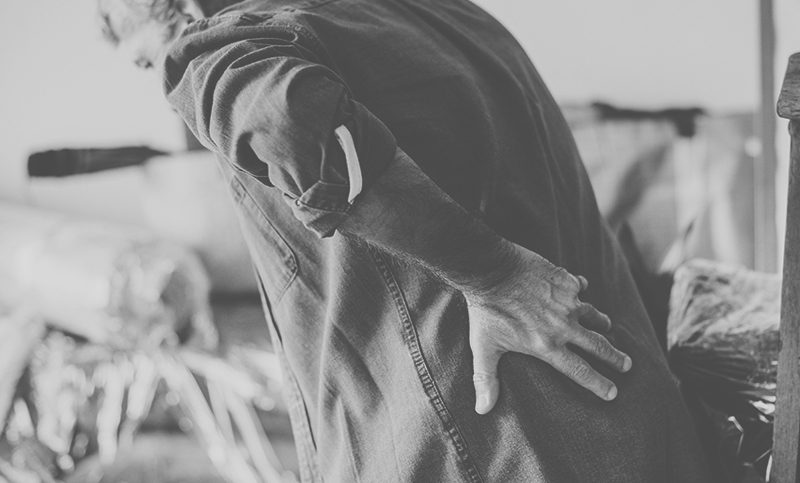When To See Your Doctor For Kidney Pain
When To See Your Doctor For Kidney Pain

Do you experience kidney pain? How often and for how long? Kidney pain can be momentary or fleeting, mild or debilitating, but when is it actually necessary to visit a doctor and inquire about your symptoms?
Before you start stressing, there are a few things you should consider when trying to identify the severity of your kidney pain.
There are many causes of kidney pain and some are more severe than others, however, if your condition is chronic the safest bet is to visit your doctor.
Locating The Pain
Your kidneys are located on either side of your spine, in between your hips and the bottom of your ribcage. Although pain can occur in both kidneys, it is more often than not localised to one. Try to find the source and make sure you aren’t confusing the symptoms with back pain.
Kidney pain can radiate to the lower thigh as well as the abdomen but is most constant at the source.
Type of Pain
Kidney pain is most often constant, however, severity can vary depending on the condition. An infection can cause a dull radiating pain, while kidney stones cause a sharp stabbing pain.
Does the pain get better if you move around or change positions? Back pain is highly variable. Some positions will make it better or worse, while kidney pain is constant, regardless of movement.
Do You Experience The Following Symptoms In Combination With The Pain?
A constant pain on one side of your back in the location described above
• Fever, tremors or fatigue
• Recent urinary tract infections
• Blood in urine
• You can’t get comfortable in any position
• Nausea and/or stomach pain
• A hard time to urinating
If you experience one or more of these symptoms on a continuing basis, you should book an appointment with your doctor immediately. There are many possible causes of kidney pain, and not all are chronic or life-threatening, however, it is best to be safe. Kidney pain could mean a kidney stone or it could be a serious condition with the possibility to cause kidney failure, which is a life-threatening condition.
There are many possible causes of kidney pain, which include but are not exclusive to:
• Kidney stones
• Pyelonephritis or kidney infection
• Kidney Cysts
• Hydronephrosis (the enlargement of the kidneys due to a build-up of urine)
• Renal vein thrombosis, or clots in the veins of the kidneys
• Renal haemorrhage or bleeding of the kidneys
• Polycystic kidney disease
• Kidney tumours or cancer
It is important to realise that you may have these conditions without experiencing kidney pain. For example, kidney stones often only cause pain as they eject from the kidney and many kidney cancers can be painless until they are at an end stage.
If you have any doubts be sure to make an appointment with your doctor.
Treating Kidney Pain with Urology Specialist
Dr Arianayagam has been practising urology in Sydney since 2011 and has developed the reputation of being a skilled laparoscopic and robotic surgeon, and an excellent teacher.
While he is primarily a urological cancer surgeon, Dr Arianayagam also sees patients with more general urological problems and routinely performs cystoscopy to diagnose and treat a number of issues.
If you have any questions, or would like to book an appointment, please feel free to get in touch or call on 1300 307 990.

Understanding Kidney Stones: Causes, Symptoms, and Treatment Options
While most kidney stones will pass on their own accord, larger stones may require surgery. Here’s an overview of kidney…

Understanding Urinary Diversion: Three Types and Their Applications
There are three different types of urinary diversion, each applicable for different situations. Let’s take a closer look at all…






